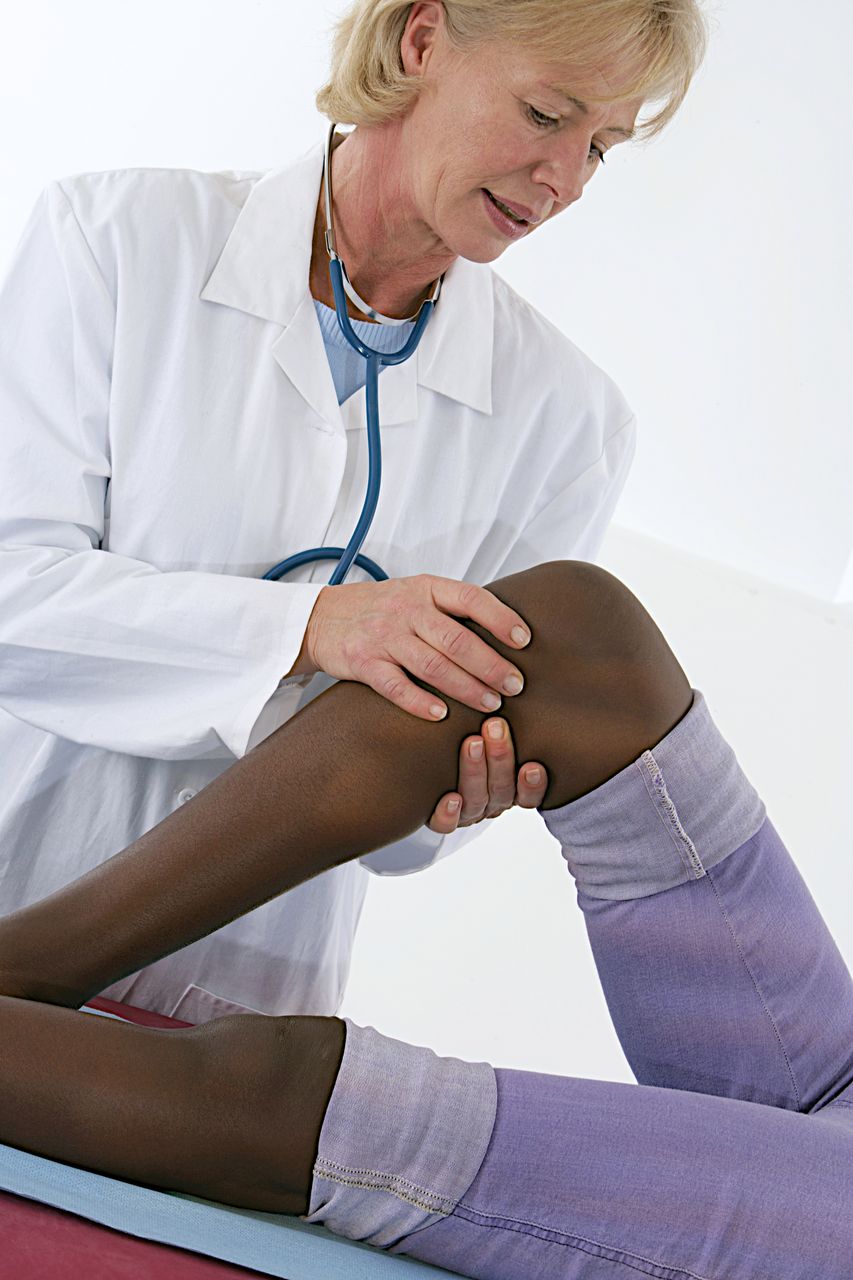August 7th, 2015
What You Need to Know About Lateral Collateral Ligament Repair Near Delaware

A lateral collateral ligament functions as the point of attachment between the lower leg bones and the thighbone in the knee. More specifically, the ligament connects the femur to the fibula on the outside region of the joint. Knees contain four main ligaments, and the lateral collateral ligament has a special role to play in keeping your movements steady—by bracing in preparation for an impact and through sideways movements. The stability that a lateral collateral ligament provides is at risk when you or someone you love experiences a ligament sprain, and a lateral collateral ligament repair near Delaware may be necessary.
Three Types of Sprains
When you visit a physician because your knee is giving out, or you notice a pain outside the knee that is accompanied by swelling, the initial examination will determine the severity of your injury.
The degree of injury is measured on a three-tiered scale:
Mild tear refers to a ligament that still sustains normal knee functions, but with the feeling that it is stretched.
A partial tear leaves the ligament loose and the knee unstable.
A complete tear is the most severe, and indicates a total separation of the ligament.
Options for Lateral Collateral Ligament Repair Near Delaware
The complexity of the knee demands the use of X-rays and MRI scanre thrs. It is common for more than one ligament to experience an injury simultaneously. Therefore, it is important that you take the inflammation and knee pain you are experiencing seriously by setting up an appointment with a local practitioner right away. Near Delaware, you will find that Rothman Orthopaedic Institute offers extensive treatment options for lateral collateral ligament repair.
Nonsurgical treatment: Icing is recommended, in addition to protecting the lateral collateral ligament with a wearable knee brace. It is important that you avoid stressing the ligament until fully healed. Crutches offer extra support. Physical therapy aims to restore the strength of the muscles and the mobility of the injured ligament.
Surgical treatment: A lateral collateral ligament injury is eligible for surgery if the tear is unusual and unable to heal on its own.
If you have persistent knee pain, or even a temporary loss of mobility, now is the time for you to look into your treatment options near Delaware. The qualified physicians at Rothman Orthopaedic Institute want to help you get the best treatment and provide the best recovery from lateral collateral ligament repair near Delaware.


